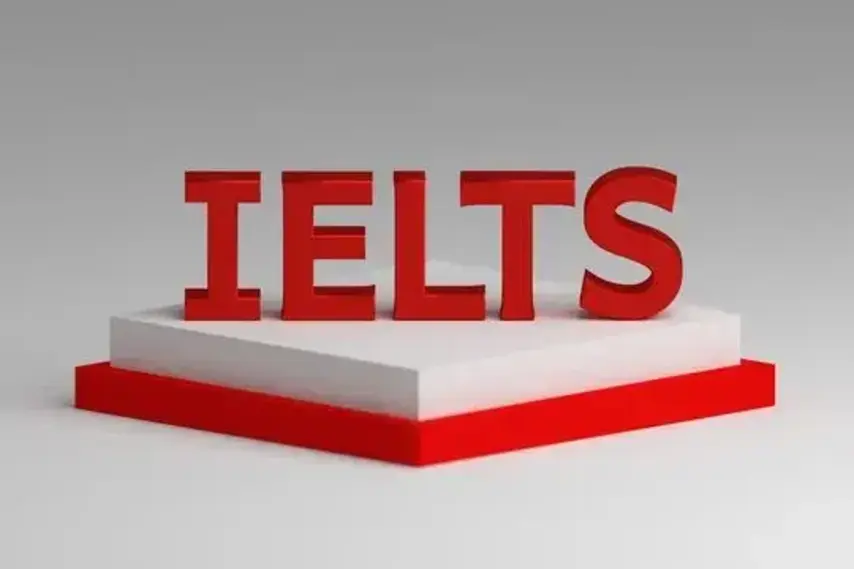The International English Language Testing System (IELTS) is a standardized test designed to assess the English language proficiency of non-native speakers. Whether for academic purposes, professional requirements, or immigration processes, achieving a high score on the IELTS test can open doors to new opportunities. Enrolling in an IELTS course is one of the most effective ways to prepare for this challenging exam. In this guide, we will explore the key components of an IELTS course and how it can help you achieve your desired score.
Understanding the IELTS Test
Before diving into the specifics of an IELTS course, it’s important to understand the structure of the IELTS test. The test is divided into four main sections:
- Listening: This section consists of four recordings, and you will need to answer a series of questions based on these recordings.
- Reading: You will encounter a variety of reading passages with questions designed to test your reading comprehension skills.
- Writing: This section requires you to complete two writing tasks, which vary depending on whether you are taking the Academic or General Training version of the test.
- Speaking: The speaking test involves a face-to-face interview with an examiner and is designed to assess your spoken English skills.
Components of an IELTS Course
An IELTS course is structured to provide comprehensive preparation for all four sections of the test. Here are the key components typically included in an IELTS course:
- Diagnostic Test: Most courses begin with a diagnostic test to assess your current level of English proficiency. This helps in identifying your strengths and areas that need improvement.
- Focused Skill Training: The course will offer targeted training in listening, reading, writing, and speaking. Each skill is practiced through a variety of exercises and activities designed to simulate the actual test conditions.
- Test Strategies and Techniques: Learning effective test-taking strategies can significantly boost your performance. IELTS courses teach techniques such as time management, identifying keywords, and understanding question types.
- Practice Tests: Regular practice tests are an integral part of any IELTS course. These tests help you get familiar with the test format and timing, and provide valuable feedback on your progress.
- Feedback and Assessment: Personalized feedback from experienced instructors is crucial for improvement. An IELTS course provides detailed assessments of your performance in each section, highlighting areas for further practice.
- Speaking Practice: Speaking practice sessions with instructors or peers help build confidence and fluency. Mock interviews simulate the speaking test environment, providing a realistic experience.
Benefits of Enrolling in an IELTS Course
- Structured Learning: An IELTS course offers a well-organized and systematic approach to test preparation. The curriculum is designed to cover all aspects of the test, ensuring comprehensive preparation.
- Expert Guidance: Experienced instructors provide valuable insights and tips that can enhance your performance. Their expertise helps you understand complex concepts and overcome challenges.
- Motivation and Support: Being part of a course keeps you motivated and committed to your study plan. The support from instructors and peers creates a conducive learning environment.
- Access to Resources: IELTS courses provide access to a wide range of study materials, including practice tests, sample questions, and study guides. These resources are essential for thorough preparation.
- Flexibility: Many IELTS courses offer flexible schedules, including online options, allowing you to balance your preparation with other commitments.
Choosing the Right IELTS Course
When selecting an IELTS course, consider the following factors:
- Reputation and Reviews: Look for courses with positive reviews and a good reputation for delivering quality education.
- Qualified Instructors: Ensure that the instructors are experienced and certified in teaching IELTS.
- Course Content: Review the course syllabus to make sure it covers all aspects of the test comprehensively.
- Flexibility: Choose a course that fits your schedule and learning style, whether it’s online or in-person.
- Support Services: Check if the course offers additional support services such as one-on-one tutoring, feedback sessions, and practice resources.
Conclusion
Preparing for the IELTS test can be a daunting task, but enrolling in an IELTS course can make the journey smoother and more effective. With structured learning, expert guidance, and ample practice opportunities, an IELTS course equips you with the skills and confidence needed to achieve your desired score. By investing in a quality IELTS course, you are taking a significant step towards achieving your academic, professional, or immigration goals.

